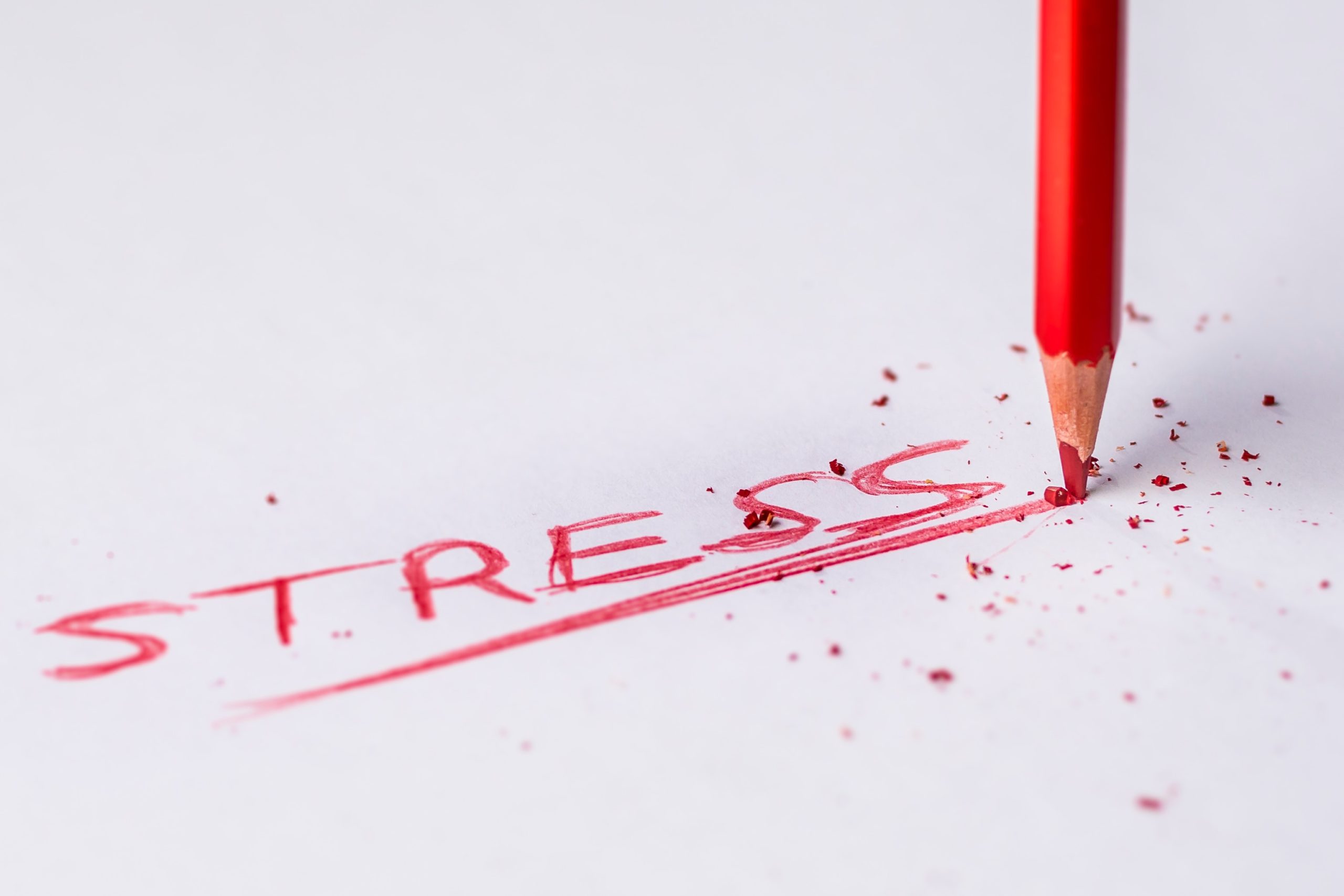- info@coloradospringshypnosis.com
- Colorado Springs Hypnosis Ltd.
- 5585 Erindale Dr. Ste. 202
- Colorado Springs, Co. 80918
- 719-900-1112
Stress and Anxiety
Too much stress or anxiety can make life so difficult. Hypnosis is a great way to lower stress and and lower its control over you. During our sessions we not only use hypnosis to lower your stress levels, but we teach you techniques you can use for stress or anxiety in everyday life. Contact us today to find out how you can take control of your stress and anxiety.

manage stress and anxiety
Hypnosis is one of the most relaxing things I have ever experienced. Just going into trance is a superb way to alleviate stress or anxiety. This is one reason so many people will just vegitate in front of the television to relax. It is basically a hypnobox.
It isn’t good eough for you to just relax when you come to our office. This is why we use techniques to help flush the negative emotions out of those stressful situations. We also teach you techniques to manage your daily stressors, becuase our goal is for you to leave our office ready to take on those challanges easily and in a healthy way.
Where does it come from
Some stress or anxiety are just brought on by daily activities. Tax season can be stressful or some people will experience anxiety when they have deadlines at work. Sometimes they can be brought on my an individual event, like a car accident or other traumatic event. Either way they are a product of our fight or flight response. Even though we won’t literally die from our boss yelling at us, our mind perceives it as danger. Then our brain releases hormones such as adrenaline or cortisol. Then we are completely on edge, and it becomes harder and harder to relax.


Every day stress or anxiety
If you find yourself experiencing anxiety or stress over routine, daily, occurrences, we will teach you some techniques that you can use daily to help easy your mind. Hypnosis is a learning experience any way. Every Time you are guided into a trance you are working your imagination and learning new and healthy skills. Some may be new habits that you can start implementing into your life, and some learnings may be subtle like breathing a little deeper.
stress from an event
Sometimes we get anxious or experience stress because of a single event. Generally we think about these events as traumas such as car accidents, assaults, or war experiences, but it could be anything. It could also revolve around a bad break up, or a scare from a spider as a child, or a negative experience with someone or somewhere.
This kind of anxiety and stress tends to manifest similarly to phobias. There doesn’t to be fear persay, but the sequence in the mind works the same way. Generally there was a fight or flight response. Then the person didn’t die afterwards. The subconscious mind writes a program that makes them respond the same way every time something similar happens.
So with hypnosis we can simply teach your subconscious mind to find and implement new ways to react to situations like this in the future.

What does the research say?
Hypnosis significantly alleviates preoperative anxiety.
Saadat, H., Drummond-Lewis, J., Maranets, I.,
Kaplan, D., Saadat, A., Wang, S., & Kain, Z. N.
(2006). Hypnosis Reduces Preoperative Anxiety
in Adult Patients. Anesthesia & Analgesia, 102(5),
1394-1396.
doi:10.1213/01.ane.0000204355.36015.54
PTSD Obstetrics: These cases illustrate the potential value of hypnosis and alternative psychological approaches in managing women with severe antenatal anxiety.
Slater, P. (2015). Post-traumatic stress disorder managed successfully with hypnosis and the rewind technique: Two cases in obstetric patients. International Journal of Obstetric Anesthesia, 24(3), 272-275. doi:10.1016/j.ijoa.2015.03.003
Hypnosis appears to reduce perceived hot flashes in breast cancer survivors and may have additional benefits such as reduced anxiety and depression, and improved sleep.
Lawton, C. (2009). Randomized Trial of a
Hypnosis Intervention for Treatment of Hot
Flashes Among Breast Cancer Survivors.
PTSD: New uses of hypnosis in the psychotherapy of PTSD victims involve coupling access to the dissociated traumatic memories with positive restructuring of those memories. Hypnosis can be used to help patients face and bear a traumatic experience by embedding it in a new context, acknowledging helplessness during the event, and yet linking that experience with remoralizing memories such as efforts at self-protection, shared affection with friends who were killed, or the ability to control the environment at other times. In this way, hypnosis can be used to provide controlled access to memories that are then placed into a broader perspective.
Spiegel, D. (n.d.). Hypnosis in the Treatment of Posttraumatic Stress Disorder. Casebook of Clinical Hypnosis., 99-111.doi:10.1037/11090-
005
Presently, there is moderate support for the integration of hypnotic techniques in the treatment of a number of medical problems. This critical review of 10the research literature focuses on the empirical research on the effectiveness of hypnotic treatments as adjuncts to medical care for anxiety related to medical and dental procedures, asthma, dermatological diseases, gastrointestinal diseases, hemorrhagic disorders, nausea and emesis in oncology, and obstetrics/gynecology
Pinnell, C. M., & Covino, N. A. (2000). Empirical findings on the use of hypnosis in medicine: A
critical review. International Journal of Clinical and Experimental Hypnosis, 48(2), 170-194. doi:10.1080/00207140008410047
Self-hypnosis training represents a rapid, cost- effective, nonaddictive and safe alternative to medication for the treatment of anxiety-related conditions. The tremendous volume of research provides compelling evidence that hypnosis is an efficacious treatment for state anxiety (e.g., prior to tests, surgery and medical procedures) and anxiety- related disorders, such as headaches and irritable bowel syndrome.
Hammond, D. C. (2010). Hypnosis in the
treatment of anxiety- and stress-related disorders.
Expert Review of Neurotherapeutics, 10(2), 263-
273. doi:10.1586/ern.09.140


